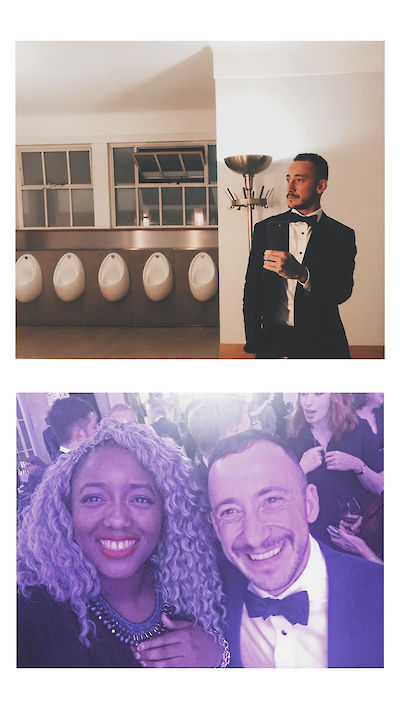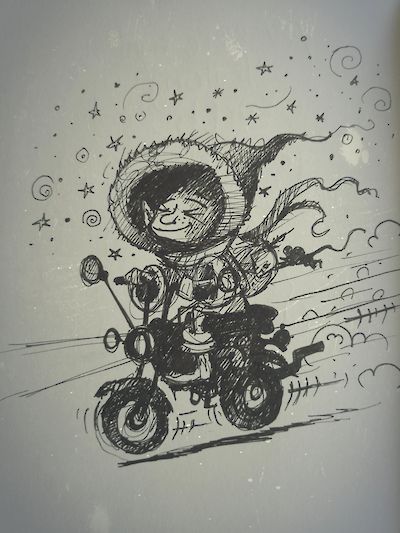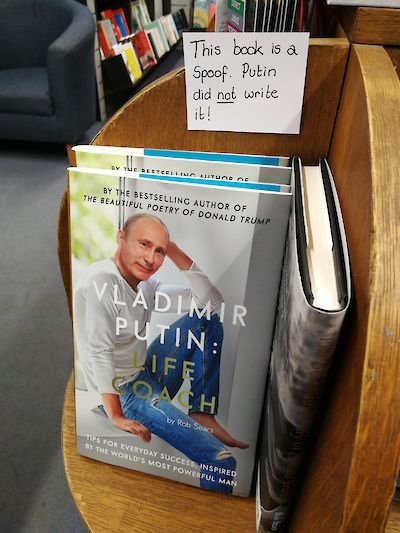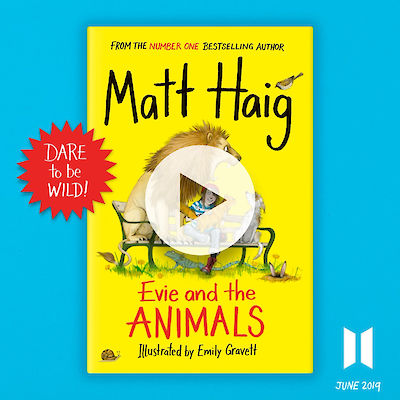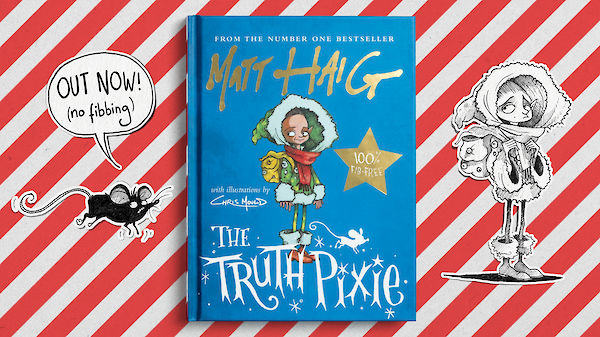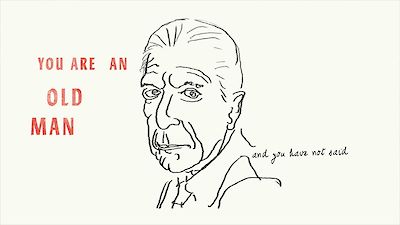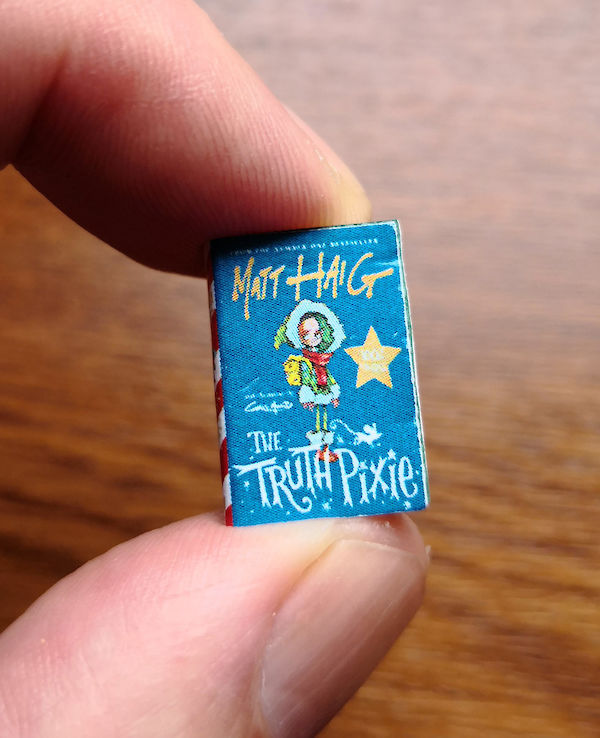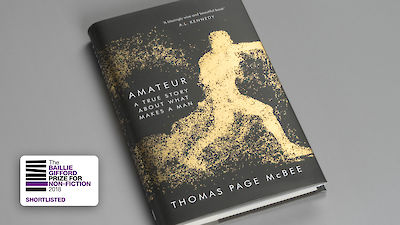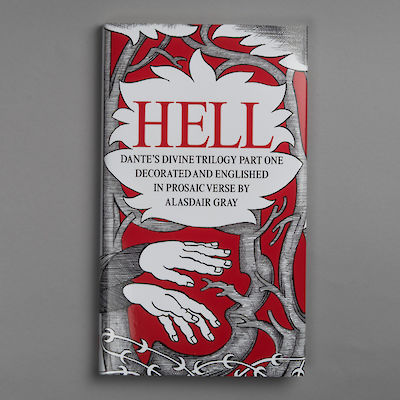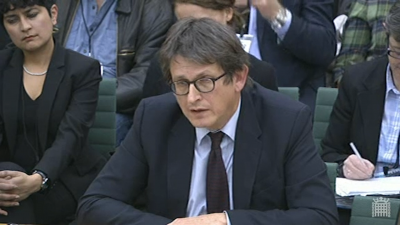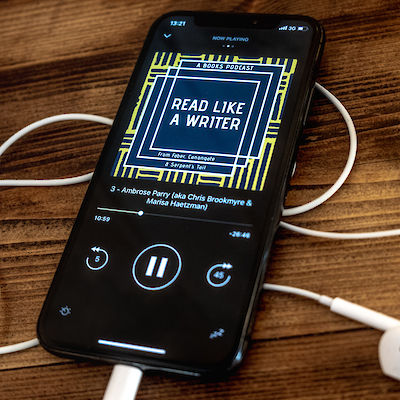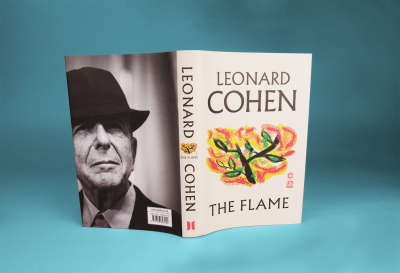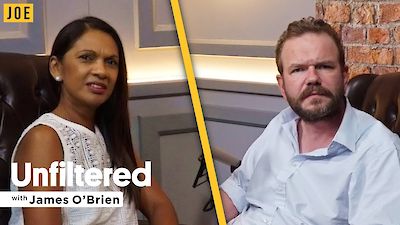Samin Nosrat’s Sensual, Compassionate Food Travels in Salt, Fat, Acid, Heat
The New Yorker writes about the wonder that is Samin Nosrat, and her indespensible cookbook Salt, Fat, Acid Heat:
“Authoritative but not despotic, aspirational but still realistic, and endlessly witty, the book invites us to liberate ourselves from the bondage of recipes, and instead to practice a form of cooking that is informed and intuitive, based on her theory of balance. (There are still very good recipes in the book; try the buttermilk-roasted chicken.) Now Salt, Fat, Acid, Heat is a hit documentary series on Netflix. Each of its four episodes is dedicated to both an element—‘Fat is a miracle,’ Nosrat says, in the first episode—and a region of the world. Plenty of amateur gourmands, myself included, were already Nosrat fans, but the enthusiasm with which the Netflix show has been received has to do with Nosrat’s uncommon earnestness on camera. It is disarming, and then relieving, to watch someone pledge to her life’s work such unmitigated love.”

New Yorker
Small world: Why we love tiny things

Simon Garfield was in the Observer at the weekend, writing about making a version of himself small enough to hold in his hand, and the endless fascination of all things miniature: those worlds within worlds, from toy towns to dolls houses and beyond.
Observer
“So much of politics is absurd and dumb”

Malcolm Gladwell and Ben Fountain sat down to discuss Ben’s new book Beautiful Country Burn Again, as well as Trump and the combustible state of the American psyche.
Guardian
Jess Kidd, author of The Hoarder, goes through the shelves of Waterstones to talk about some of the authors that inspired her – from Charles Dickens to Angela Carter and David Almond.
“What is going on in our world that can possibly explain such a fervent desire to shrink it?”
Simon Garfield considers the compulsion towards making miniatures in a Guardian longread about little things.
Guardian
Recording from Leonard Cohen’s acceptance address for the Prince of Asturias Award, 21 October 2011. Included in Leonard Cohen’s final collection, The Flame.
Salt, Fat, Acid, Heat – the wonderful Samin Nosrat’s Sunday Times Food Book of the Year – is coming to Netflix! Here’s the official trailer: look out for it on 11 October.
Alan Rusbridger, the author of Breaking News, on the Snowden revelations, and being called before a parliamentary committee in their aftermath.
Gina Miller, author of Rise, talks to James O’Brien about moving from Guyana to the UK, becoming a successful businesswoman, and her campaigning work, including on Brexit.
Who broke the news?

“The problem had many different names and diagnoses. Some thought we were drowning in too much news; others feared we were in danger of becoming newsless. Some believed we had too much free news; others, that paid-for news was leaving behind it a long caravan of ignorance. On this most people could agree: we were now up to our necks in a seething, ever churning ocean of information, some of it true, much of it wrong… How did we get here? And how could we get back to where we once belonged?”
Alan Rusbridger, editor of the Guardian from 1995–2015 – across the most profound, abrupt shift in the technology and business of news the industry has ever seen – writes about journalism, trust, the public interest and being questioned on his patriotism by a select committee, in this edited extract from Breaking News.
Guardian
